- AI
- A
The platform for generating 3D data from Bifrost helps the industry accelerate model training
Hello, this is Yulia Rogozina, business analyst at Sherpa Robotics. Today I translated for you an article about a startup that created a platform for 3D data generation without a team of 3D specialists. I invite you to get acquainted with a possible business idea, because the main market the company considers is the USA, but in Russia there are exactly the same needs.
For many companies developing AI models for real-world applications, data represents both a great opportunity and the biggest hurdle. High-quality, annotated, and clean real-world data is in short supply, and the time and effort required to collect and clean such data can be enormous.
The Bifrost platform, specializing in 3D data generation, is confident that its technology will help robotics and industrial companies solve at least one part of this problem—the time needed to train AI models. The San Francisco-based startup claims that its platform allows companies to create simulated 3D worlds that help train AI and enable robots to adapt to new objects, tasks, and environments in hours instead of months.
Recently, the company announced that it raised $8 million in a Series A round led by Carbide Ventures.
“Most of our clients need vast amounts of real-world data to train AI models,” said co-founder and CEO Charles Wong in an exclusive interview with TechCrunch. “This often means deploying robots at hundreds of sites, collecting millions of hours of video footage, manually annotating data, and conducting rigorous quality checks to reduce human errors and bias. This approach is not simple. It costs millions, takes years, and is nearly impossible to scale.”
Wong founded the company together with Aravind Kandiah in 2020. Previously, he worked on AI perception models for autonomous vehicles at NuTonomy, an MIT startup developing self-driving cars and autonomous mobile robots. In turn, Kandiah had previously created a medical AI system for detecting early signs of blindness and diabetic retinopathy.
“It didn't take long before we realized one important thing: AI and robotics need vast amounts of quality data to function properly. And this data is critical,” Kandiah said in an interview. “It can either be a decisive factor in the effectiveness of these systems or lead to their failure. So we teamed up and founded Bifrost with one goal: to solve the data problem so that AI and robotics can fully handle the complex tasks of the real world.”
Bifrost claims to differ from its competitors in that its platform does not require a team of specialists to create 3D simulations for data generation. This, according to Wong, gives AI developers a significant advantage, allowing them to develop AI systems for tasks such as patrolling disputed waters with autonomous boats without the need to hire a team to create 3D models.
Nvidia Omniverse tools, unlike the Bifrost platform, require a whole team of 3D specialists to work, Kandiah notes, adding that Bifrost allows engineers in various heavy industries to train AI in new skills and achieve greater results much faster.
The Bifrost product is currently in closed beta testing with several partners from heavy industry. The startup is using recently raised funds to prepare for the public launch of the platform in the coming months, as well as to expand the team to accelerate product development.
According to Wong, the company's main market is the US, but recently there has been growing interest in Japan due to the significant scale of its industrial sector. The startup earns through an annual subscription model.
The main users of the platform are AI developers specializing in creating systems for robotics, computer vision, and perception models for industries such as robotics, aerospace, defense, maritime, geospatial technologies, and industrial automation. Target customers are large industrial companies, government organizations, and growth-stage and late-stage startups that have teams working on developing physical solutions using AI in their fields.
"We focus on mission-critical applications in heavy industry, but by 2025 we plan to expand the platform's availability. In the future, our goal is to support a wide range of commercial applications in robotics, especially given the rapid growth and emergence of new robot applications in virtually every major industry," said Candia.
Series A allows Bifrost to raise $13.7 million. The round also included Airbus Ventures, Peak XV’s Surge, Wavemaker Partners, MD One, and Techstars.
The company employs 22 people in the US and Singapore.
What do you think of this idea? Have you ever encountered similar tasks when training AI models?
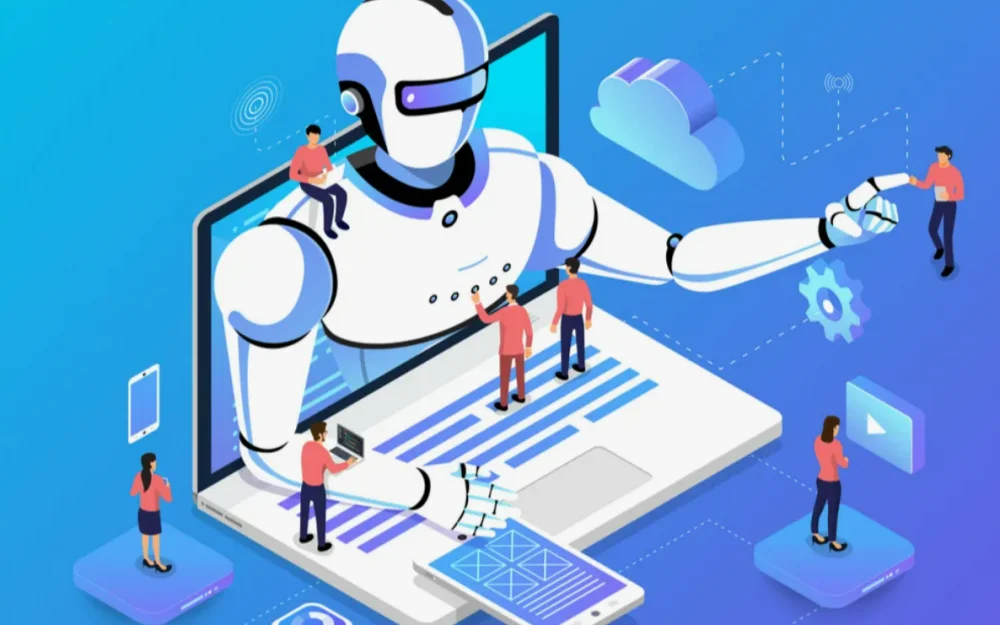



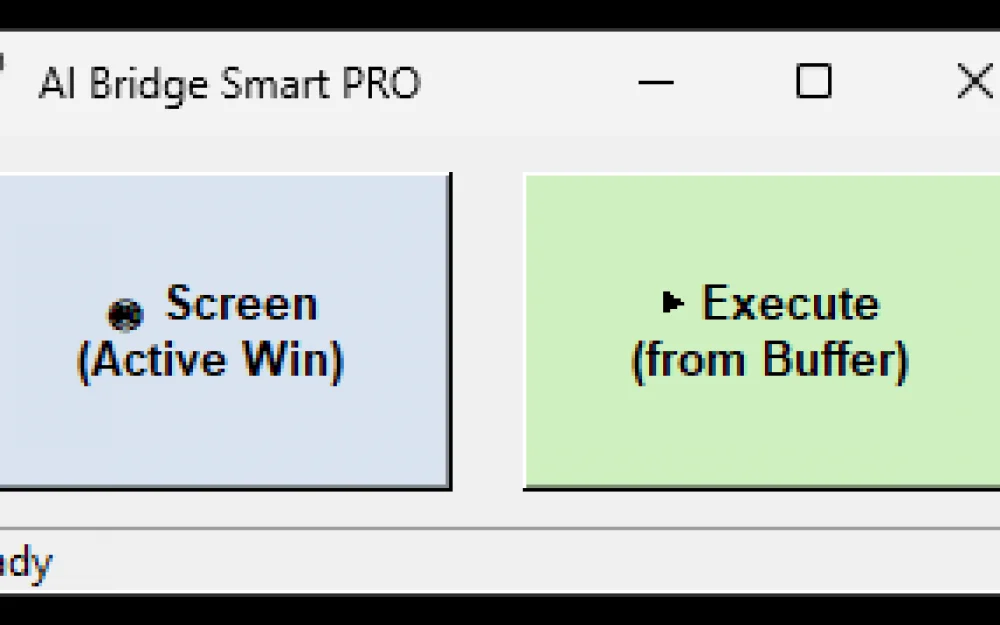


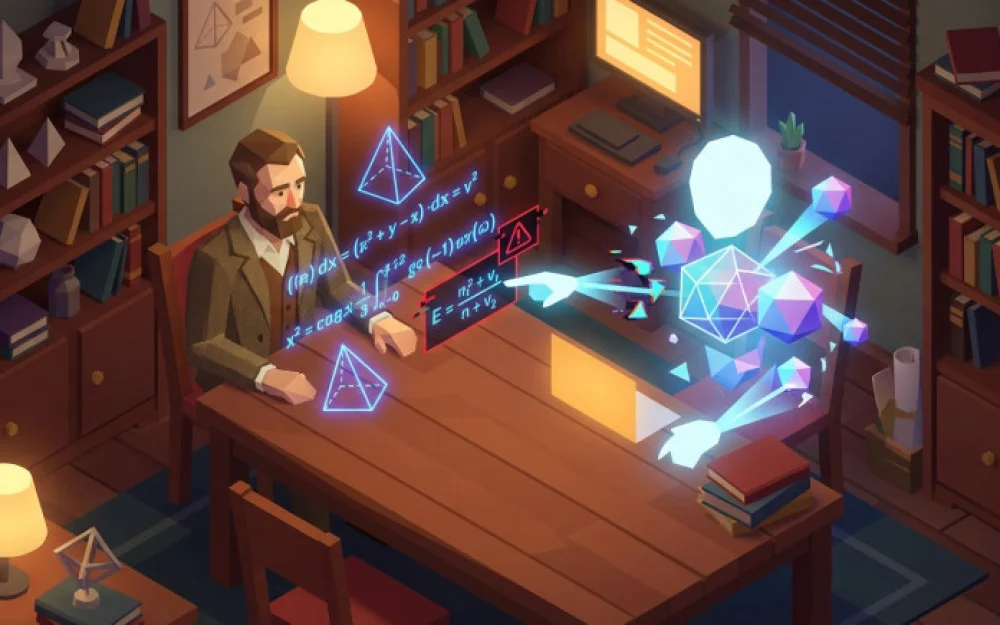
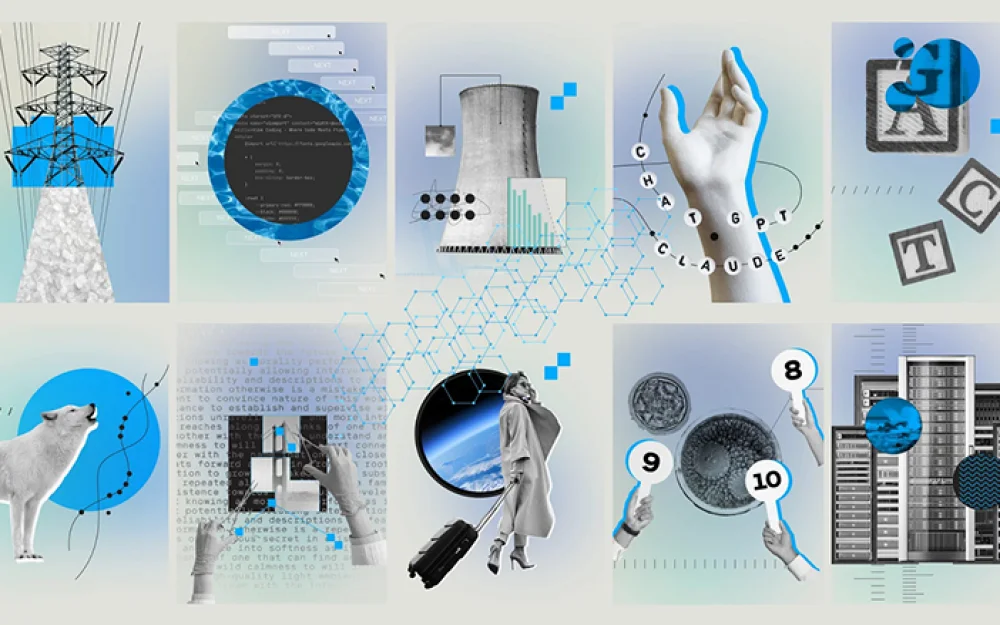
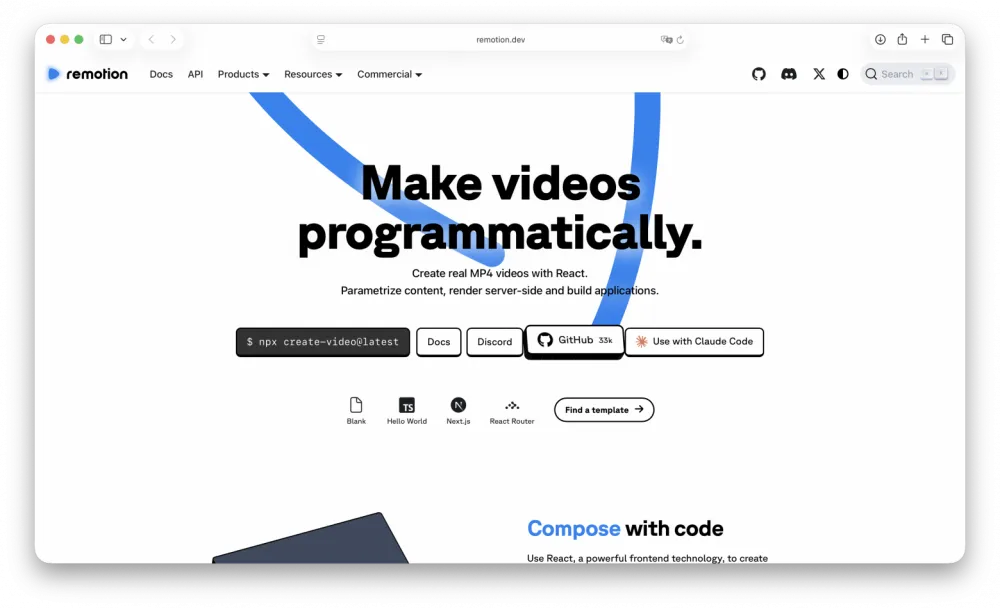


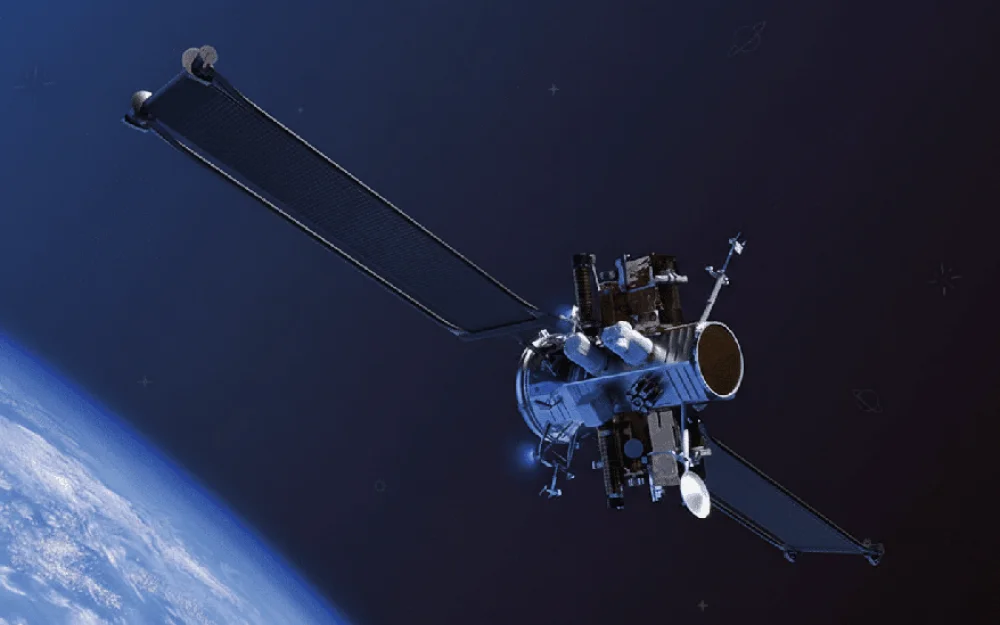
Write comment